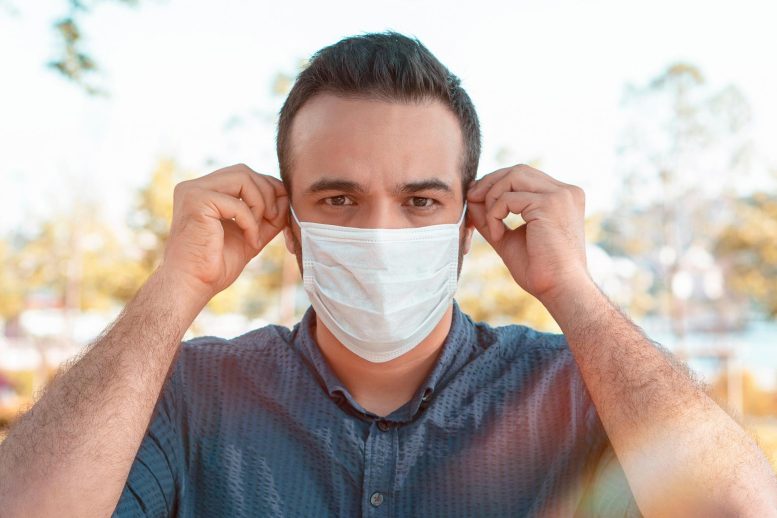Why Universal Masking Is No Longer Needed
Healthcare epidemiologists and infectious disease experts from various healthcare systems argue that universal masking in healthcare settings is no longer necessary due to advancements and population immunity. They advocate for managing SARS-CoV-2 similarly to other respiratory viruses, utilizing masks during specific situations, and adapting policies based on the changing context of the pandemic.
Experts call for adapting policies to accommodate evolving circumstances.
According to healthcare epidemiologists and infectious disease specialists from various healthcare systems across Boston and beyond, the era of universal masking in healthcare facilities has come to an end. In a jointly written commentary featured in the Annals of Internal Medicine, experts from Mass General Brigham, Beth Israel Lahey Health, Tufts Medicine, VA Healthcare System Boston, and other healthcare systems across the nation explain the shifting scenario and circumstances of the pandemic and highlight the reasons why universal masking should no longer be mandatory in healthcare settings.
“While critically important in the earlier phases of the pandemic, we’ve entered a more stable phase, with substantial population-level immunity, durable protection against severe disease, a series of less virulent variants, and other important and favorable changes,” said corresponding author Erica S. Shenoy, MD, Ph.D., medical director of Infection Control for Mass General Brigham and an infectious diseases physician at Massachusetts General Hospital (MGH). “As conditions change, we need to re-evaluate our infection prevention policies, including masking requirements in healthcare settings, and adapt.”
In the commentary, the authors emphasize different phases of the pandemic and describe that while universal masking was justifiable before medical countermeasures were available, advancements and population immunity have changed the appropriateness of the policy. Highlighting a theme of constant and ongoing change, they review the rationale for initially expanding mask use in healthcare settings, the reasons why de-escalation is needed, and conditions that could prompt reconsideration of use of masks more widely again.
“After three years of universal masking in healthcare, the risk-benefit calculation has shifted,” said Shira Doron, MD, chief infection control officer for Tufts Medicine health system and hospital epidemiologist at Tufts Medical Center. “Masks do have downsides, such as impaired communication and disrupted human connection. We are at a stage of the pandemic where it now makes sense to end mandatory masking.”
Given advancements, the authors advocate for managing
“As the pandemic moves into an endemic phase, we need to transition prevention efforts to incorporate all respiratory viruses. Performing risk assessments and applying lessons learned from
No Byline Policy
Editorial Guidelines
Corrections Policy
Source
